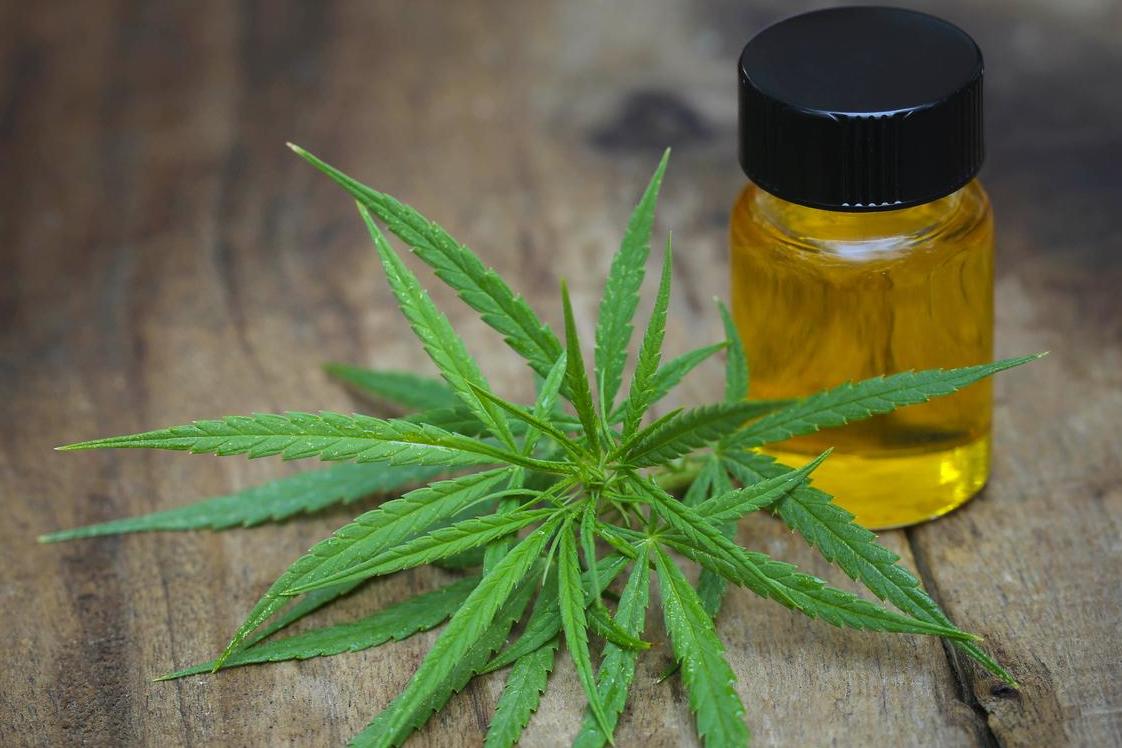College football player who uses cannabis oil to prevent seizures barred from playing
'It's hard because you don't know if this is your last breath your child is taking. You just don't know,' says his father

Your support helps us to tell the story
From reproductive rights to climate change to Big Tech, The Independent is on the ground when the story is developing. Whether it's investigating the financials of Elon Musk's pro-Trump PAC or producing our latest documentary, 'The A Word', which shines a light on the American women fighting for reproductive rights, we know how important it is to parse out the facts from the messaging.
At such a critical moment in US history, we need reporters on the ground. Your donation allows us to keep sending journalists to speak to both sides of the story.
The Independent is trusted by Americans across the entire political spectrum. And unlike many other quality news outlets, we choose not to lock Americans out of our reporting and analysis with paywalls. We believe quality journalism should be available to everyone, paid for by those who can afford it.
Your support makes all the difference.A football player who takes cannabis oil to stop his seizures has been barred from playing at university due to using the drug for medicinal purposes.
CJ Harris, who had his first seizure when he was 14-years-old, helped lead Warner Robins High School to the Georgia state championship game and was set to play for the Tigers Auburn University next season.
But coaches from Auburn recently told him the National Collegiate Athletic Association (NCAA) will not allow him to play American football, according to local TV station WGXA.
The decision has prompted outrage from lawmakers, lobbyists and sports fans.
"We urge the NCAA to review their existing guidelines on THC and explore possible exceptions to allow players under medical treatment, like CJ, the ability to fullfil their dreams of playing college football," Phil Gattone, president and CEO of the Epilepsy Foundation, said in a statement.
"We hope the NCAA would reconsider their decision and assess CJ on his character and talent as a football player."
His father, Curtis Brown said breaking the news to his son was "the hardest thing I’ve done".
"You're taking something away from a kid who's worked so hard in his life to get there. And you're just taking it away because he's taking a medication that's helping with his disability,” he told WGXA.
He and his father said they had been upfront with the Tigers about his health needs.
After suffering his first seizure as a teenager, a month later they came back with greater frequency and started taking place two or three times per month. He was diagnosed with epilepsy and was initially given medication which failed to stop the seizures.
"It's hard because you don't know if this is your last breath your child is taking. You just don't know," his father told WDB-TV.
He said his son has had about 15 seizures and hit his head half a dozen times - saying his last seizure was in early January.
But in the middle of January, he started taking medical cannabis oil. CBD is legal for people with seizure disorders in Georgia as well as in the neighbouring state of Alabama where Auburn is located.
His father said it had worked so far. "He's going from having two seizures a month or one seizure a month, and now he hasn't had any? That's like, wow," he said.
Nevertheless, CJ is forced to skip lessons so he is able to take his afternoon dose, because the medicine is forbidden on his campus as it violates federal law.
"So I've got to come pick him up every day, check him out of school, bring him to the house," he said.
"I wake up every morning and I pray, ‘Please don't let nothing happen today. Please don't let nothing happen today,’" his son said.
NCAA guidelines dictate that athletes are not allowed to have any tetrahydrocannabinol in their systems. Commonly referred to as THC, it is one of the active ingredients in cannabis.
While it has some medical applications, it is also psychoactive and can engender a "high". The other active cannabis ingredient - cannabidiol or shortened to CBD - does not produce a high and is believed to offer wide-ranging health benefits, including against seizures.
According to the label, the cannabis oil CJ takes for his seizures contains less than 0.3 per cent THC. He will reportedly not be able to pass an NCAA drug test while on the medicine.
Join our commenting forum
Join thought-provoking conversations, follow other Independent readers and see their replies
Comments